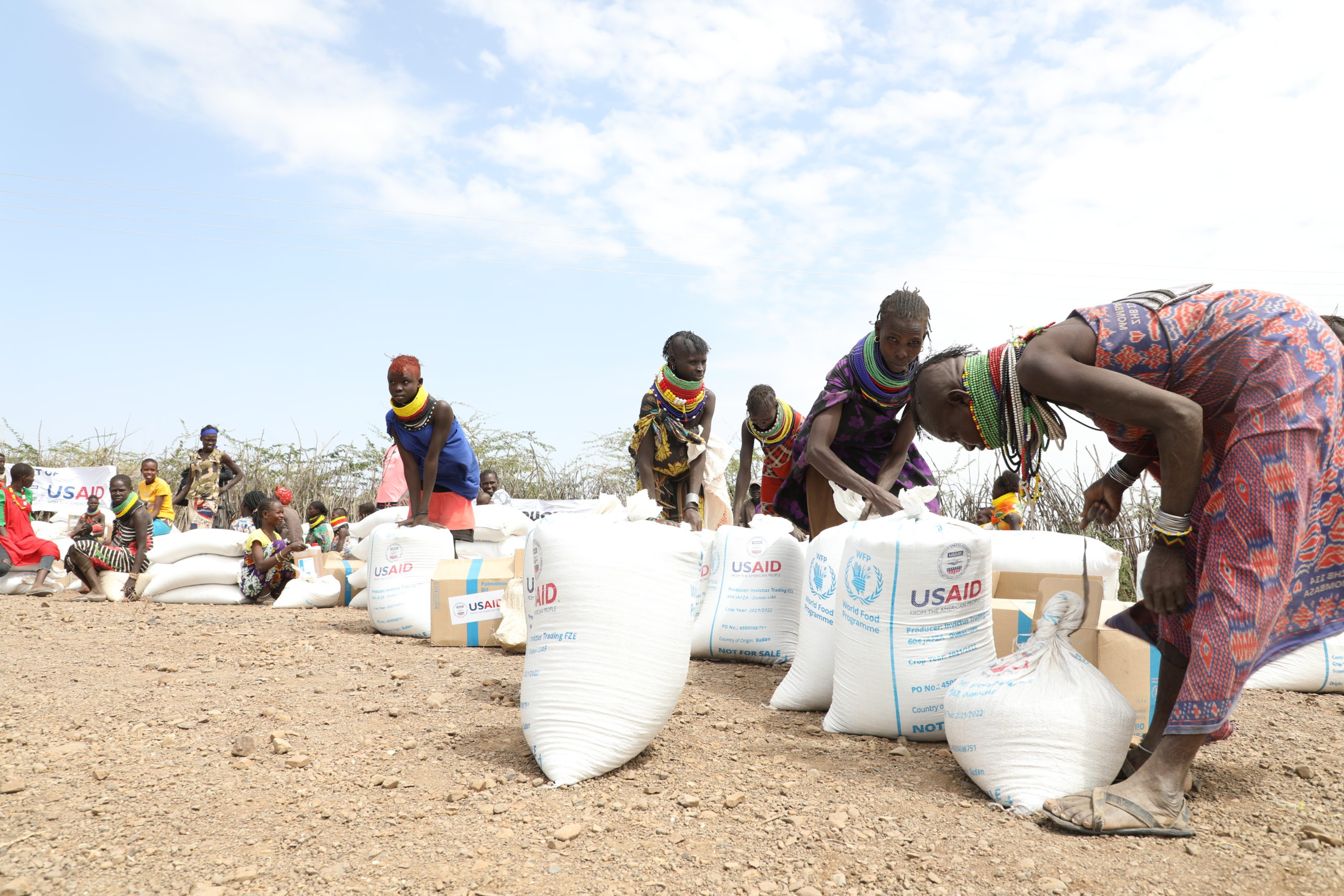Injustice in the Horn of Africa: How funders can avert widescale catastrophe

Inaction on climate injustice in the Horn of Africa is a global threat. The effects of climate change are becoming more evident but unfortunately affecting more marginalized communities first – at least for now.
Although we haven’t acted with enough speed or urgency, it isn’t too late to avert widescale catastrophe. We in the philanthropic sector must act immediately against this injustice. Share on X
A layered crisis
Recently, I have been thinking a lot about the poem First They Came by Pastor Martin Niemöller. It is a piece that comes to mind in moments of injustice. It also haunts me when moments pass and I fail to speak out against injustice.
The impacts of the climate crisis are a huge display of injustice globally. The UN states, “The impacts of climate change will not be borne equally or fairly, between rich and poor, women and men, and older and younger generations.”
Meanwhile, those most responsible for climate change are relatively (currently) protected from its impacts, while those who contributed least are experiencing the effects most significantly.
This is evident in the Horn of Africa, where the worst drought in over 40 years – a climate-induced emergency – is pushing communities toward famine. This climate emergency, compounded with COVID-19, the impact of the war in Ukraine on the world’s food supply and commodity prices and insufficient action by the international community, has manifested into a catastrophic disaster resulting in millions of people going hungry and currently at increased risk of disease, malnutrition and death. Malnutrition and hunger levels have already surpassed emergency or crisis levels in many parts of the Horn of Africa, with nearly 16 million people in Somalia, Ethiopia and Kenya urgently in need of food.
Even outside of the impacts of the drought, countries in the Horn of Africa already have high ratings on the Fragile States Index, ACAPS Crisis Severity Index and extreme poverty. Pre-existing vulnerabilities such as high poverty rates, long-term conflict, displacement, malnutrition, disease outbreaks and more are affecting many of the populations in this region. The drought pushes these populations to bear the magnified effects of climate change.
What should funders do?
Below are some ways that grantmakers and donors can help efforts to provide vital support to the region:
- Research and fund critical work – there are already actors on the ground positioned to respond:
- Funders should act immediately to provide urgent life-saving humanitarian assistance to save lives.
- They also must invest in longer-term solutions to save even more lives, support recovery, build resilience and ultimately break the hunger cycle.
- Stay informed about the issues by following essential resources, including:
- CDP’s Horn of Africa Hunger Crisis disaster profile
- UN OCHA’s Business Brief on Horn of Africa Drought
- UNHCR’s Drought Response Emergency Appeal for the Horn of Africa
- Donate to CDP’s Global Hunger Crisis Fund.
